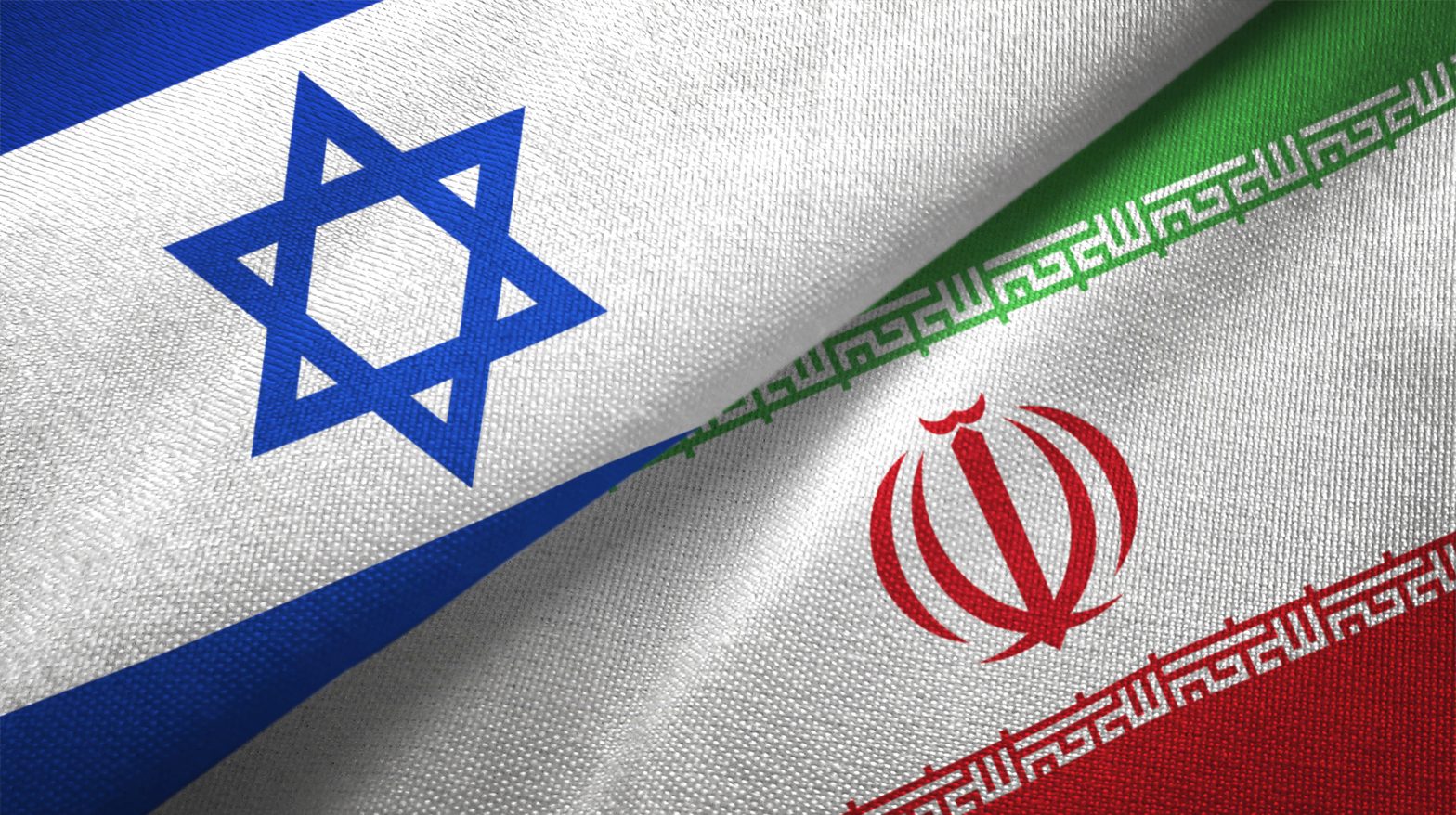Kathmandu: The conflict between Iran and Israel has entered its third consecutive day, with both nations continuing to exchange deadly strikes that have left scores of civilians dead and heightened fears of wider regional instability.
The escalation began early Friday when Israel launched a series of coordinated attacks on Iran, targeting nuclear facilities, military sites, and densely populated areas. In retaliation, Iran has fired drones and ballistic missiles into Israeli territory, leading to ongoing clashes.
According to Iranian state media, 128 people have been killed in Israeli strikes so far. Verified footage circulating online shows smoke and devastation in a residential neighborhood in north Tehran. On the other side, at least 10 people were killed in Iranian missile attacks on Israel overnight.
Israeli Prime Minister Benjamin Netanyahu blamed Iran for targeting civilians and vowed retaliation, saying, “Iran will pay a very heavy price for these crimes.”
As international concern grows, former U.S. President Donald Trump has urged both nations to pursue a diplomatic solution. “Calls and meetings are happening. The two sides should make a deal,” he said in a statement, suggesting behind-the-scenes efforts to de-escalate the crisis.
Meanwhile, Iran’s exiled former crown prince, Reza Pahlavi, told the BBC that the ruling regime in Tehran is weakened and this may present an opportunity for opposition forces to rise. However, BBC Persian Editor Amir Azimi reports there is currently little evidence of such a movement gaining momentum on the ground.
As the violence intensifies, calls for international mediation are growing louder amid fears that the conflict could spiral into a broader regional war.
